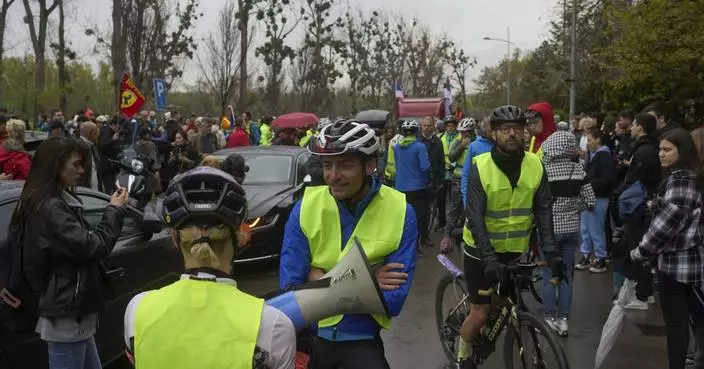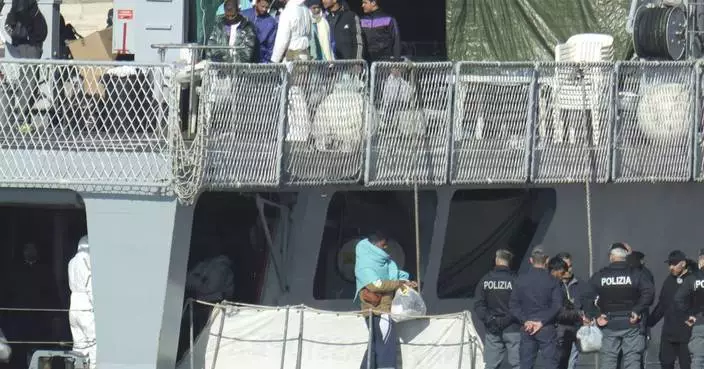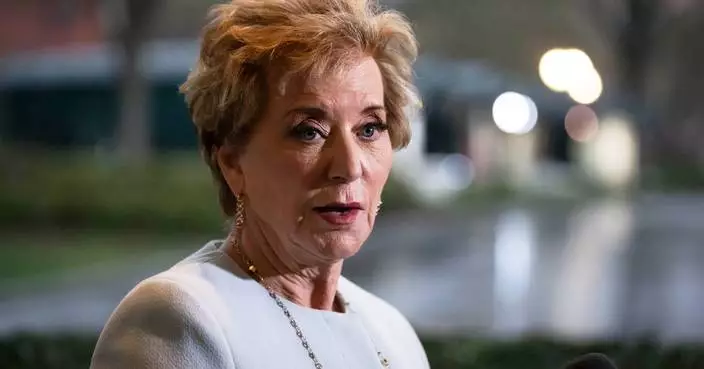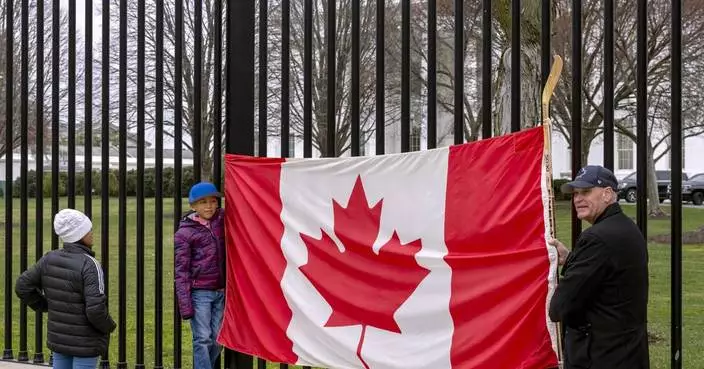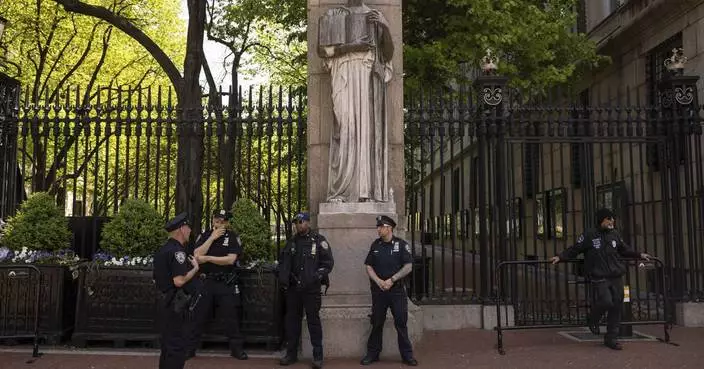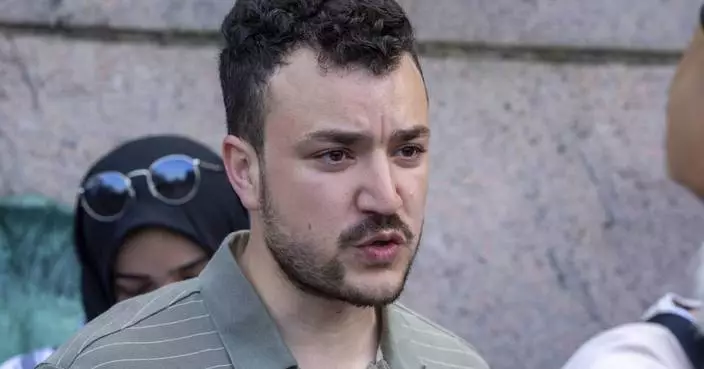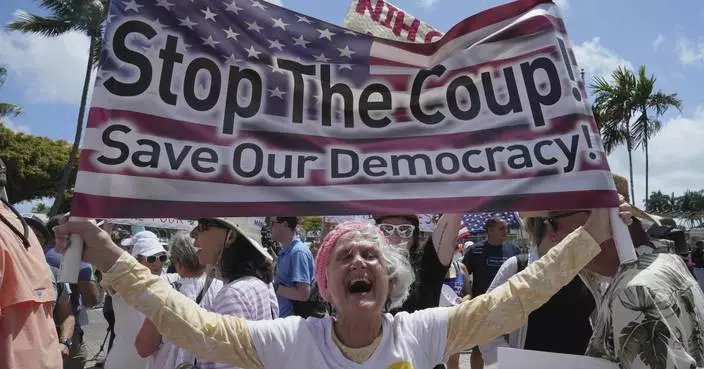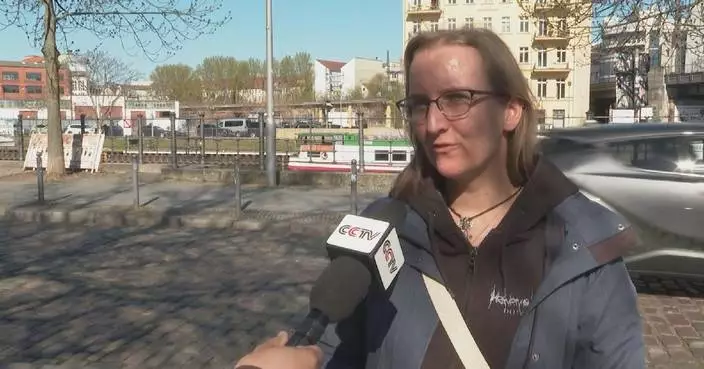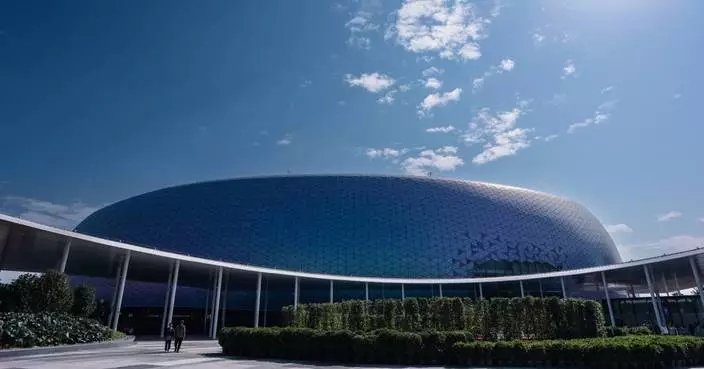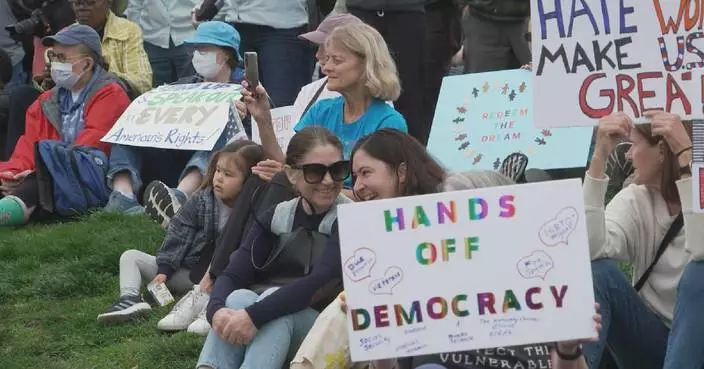Chechnya's leader and his security forces have been widely accused by human rights groups of extrajudicial arrests, torture and killings at home. Now they are threatening Chechens who fled abroad, warning they will pay dearly for their criticisms if they ever return home.
In a chilling video that has been watched by 2 million people, Magomed Daudov, the right-hand man of Chechnya's strongman, apparently contacted blogger Tumso Abdurakhmanov through WhatsApp, pressuring and threatening him.
Abdurakhmanov's case highlights the growing dangers for those from mostly Muslim Chechnya who try to seek asylum in Europe, where authorities have become increasingly reluctant to allow them in amid terrorism fears and a growing political backlash against all migrants.
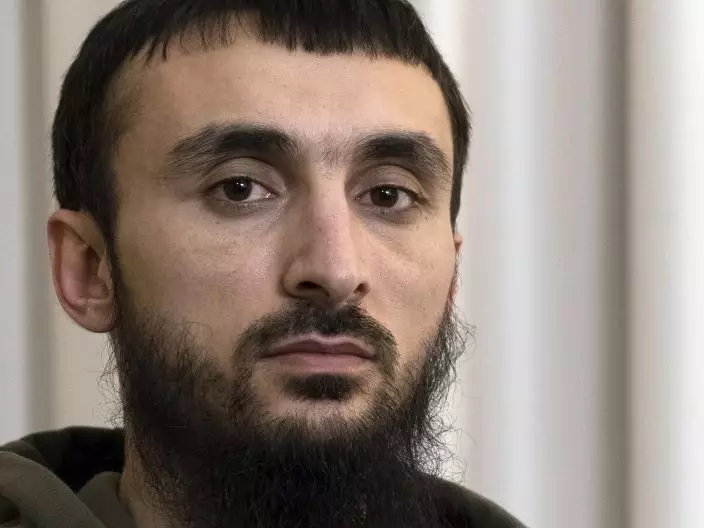
In this photo taken on Wednesday, Nov. 14, 2018, Tumso Abdurakhmanov, the 32-year-old Chechen video blogger, is photographed during an interview with The Associated Press somewhere in Poland. Abdurakhmanov, a critic of the Chechen ruler, faces deportation from Poland as European nations become increasingly wary of sheltering refugees from Chechnya. (AP PhotoFrancesca Ebel)
Abdurakhmanov, who's in danger of being deported from Poland, says he will be killed if he is sent back to Chechnya.
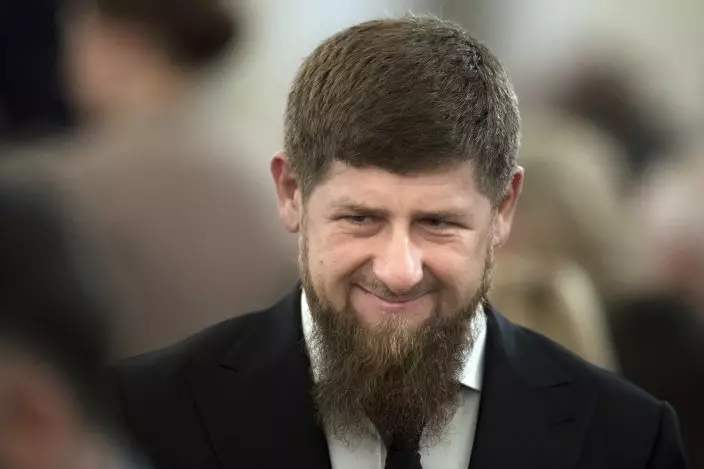
FILE - In this Thursday, Dec. 1, 2016 file photo, Chechen regional leader Ramzan Kadyrov smiles prior to President Vladimir Putin's annual state of the nation address in the Kremlin in Moscow, Russia. Kadyrov and his security forces have been widely accused by international human rights groups of extrajudicial arrests, torture and killings. (AP PhotoPavel Golovkin, file)
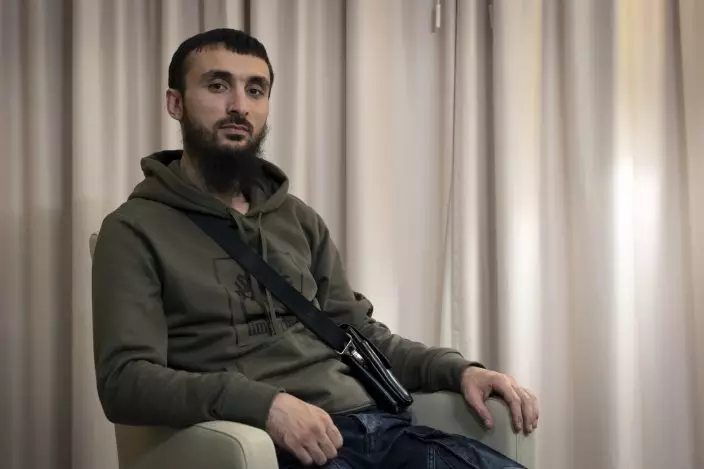
In this photo taken on Wednesday, Nov. 14, 2018, Tumso Abdurakhmanov, the 32-year-old Chechen video blogger, is photographed during an interview with The Associated Press somewhere in Poland. Abdurakhmanov, a critic of the Chechen ruler, faces deportation from Poland as European nations become increasingly wary of sheltering refugees from Chechnya. (AP PhotoFrancesca Ebel)
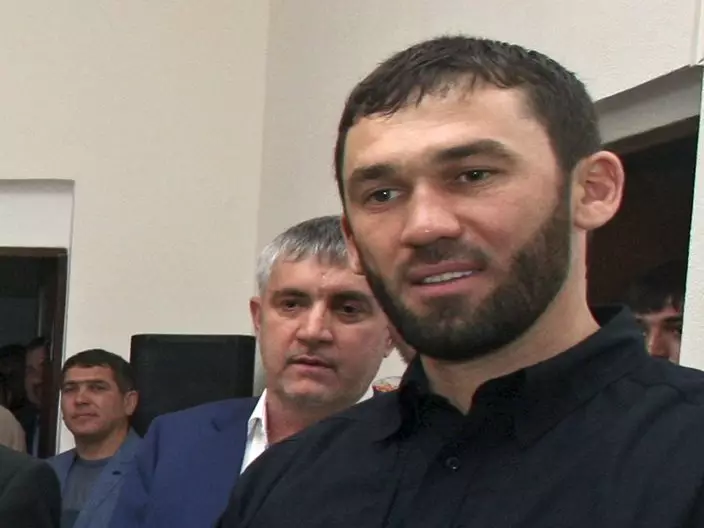
FILE - In this Saturday, May 16, 2015 file photo, head of the Chechen leader's administration Magomed Daudov attends a wedding registry office in Chechnya's provincial capital Grozny, Russia. Magomed Daudov, the right-hand man of the provincial leader Ramzan Kadyrov, is one the most feared men in the Russian province of Chechnya. (AP PhotoFile)
The leaders of the European Union and five Central Asian countries held their first summit on Friday and declared a new strategic partnership to boost trade and other ties.
The summit in Samarkand, Uzbekistan is attended by European Council President António Costa, European Commission President Ursula von der Leyen and the leaders of Kazakhstan, Kyrgyzstan, Tajikistan, Turkmenistan and Uzbekistan.
Costa declared that “the European Union is eager to build a mutually beneficial partnership with Central Asia, one that goes beyond expectations.”
Von der Leyen said that the summit is set to “deepen trade ties and expand cooperation in transport, critical raw materials, digital connectivity, water and energy.” She announced a 12 billion-euro ($13.2 billion) Gateway Investment Package to increase cooperation in transport, critical raw materials, clean energy and digital connectivity.
Uzbekistan's President Shavkat Mirziyoyev said hat during the past seven years trade between Central Asian and EU countries has increased to 54 billion euros ($60 billion), adding that the summit “should become the starting point of a new stage in the development of multi-faceted relations.”
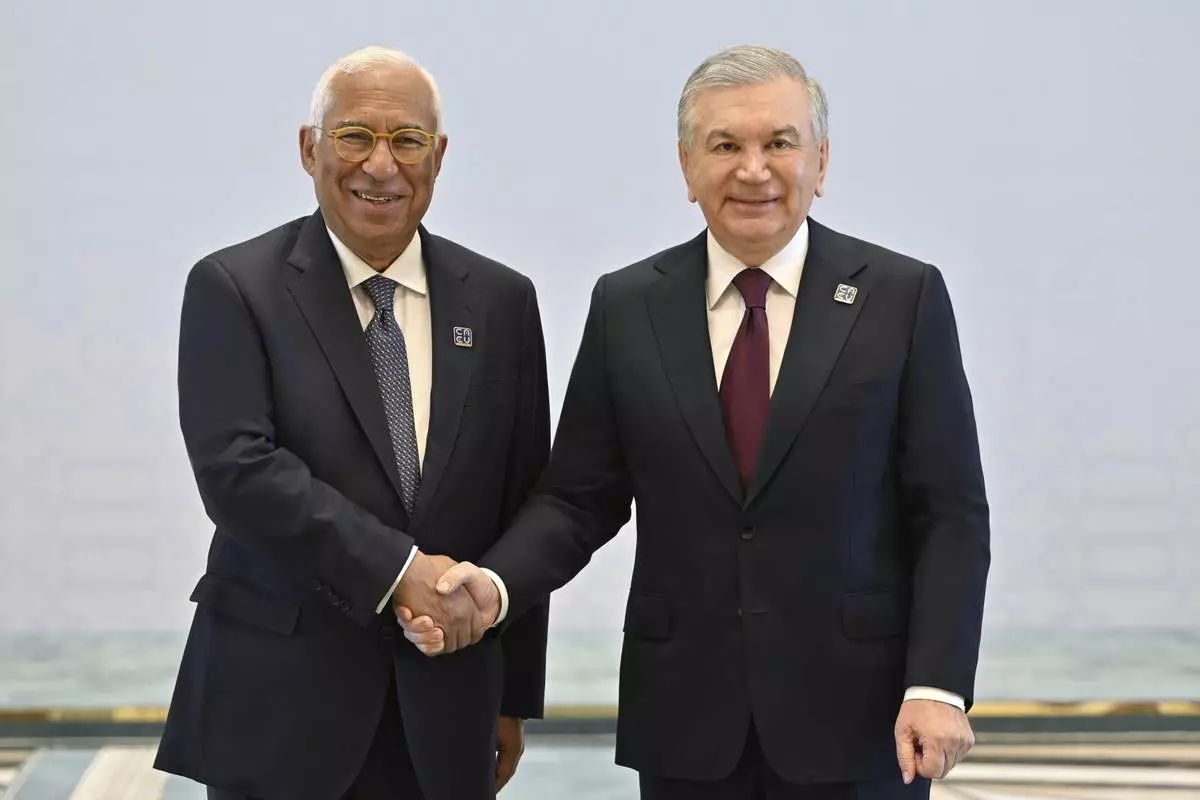
In this photo released by Uzbekistan's Presidential Press Office, European Council President Antonio Costa, left, and Uzbekistan's President Shavkat Mirziyoyev, pose for a photo prior the first summit between the leaders of the EU and the five countries of Central Asia in Samarkand, Uzbekistan, on Friday, April 4, 2025. (Uzbekistan's Presidential Press Office via AP)
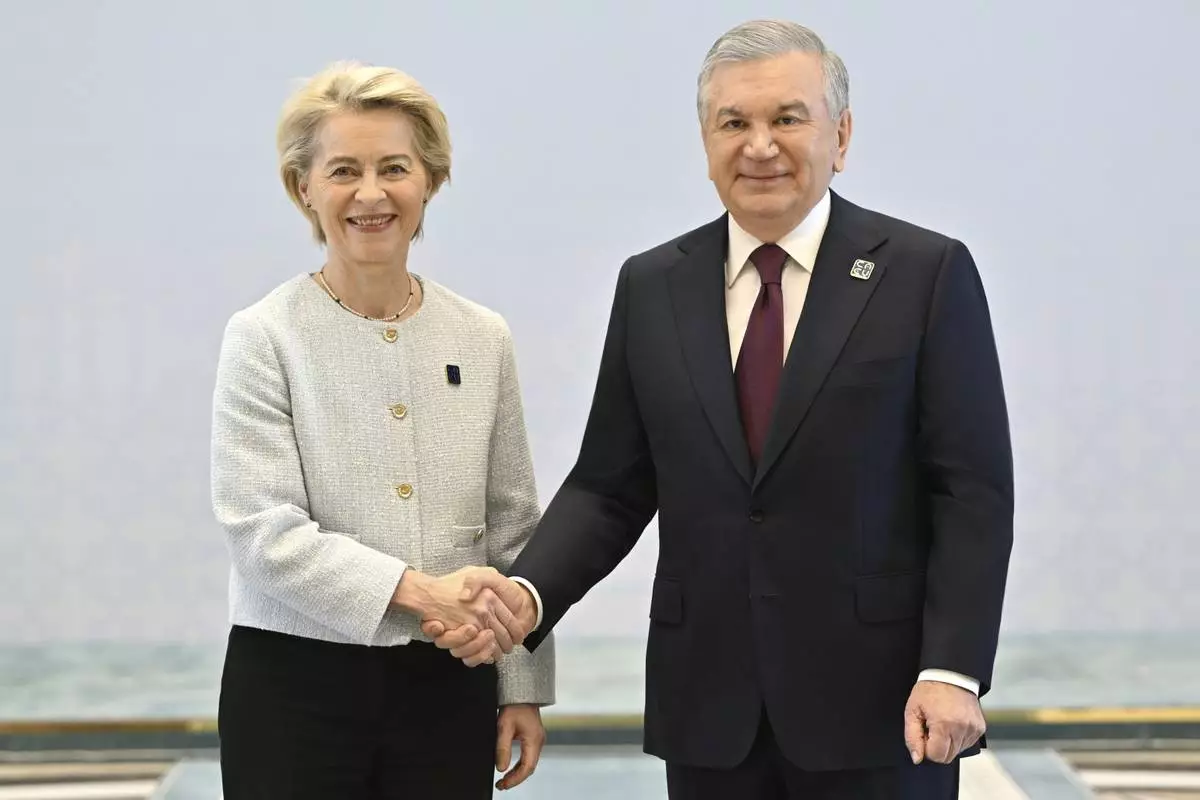
In this photo released by Uzbekistan's Presidential Press Office, Uzbekistan's President Shavkat Mirziyoyev, right, and European Commission President Ursula von der Leyen, pose for a photo prior the first summit between the leaders of the EU and the five countries of Central Asia in Samarkand, Uzbekistan, on Friday, April 4, 2025. (Uzbekistan's Presidential Press Office via AP)
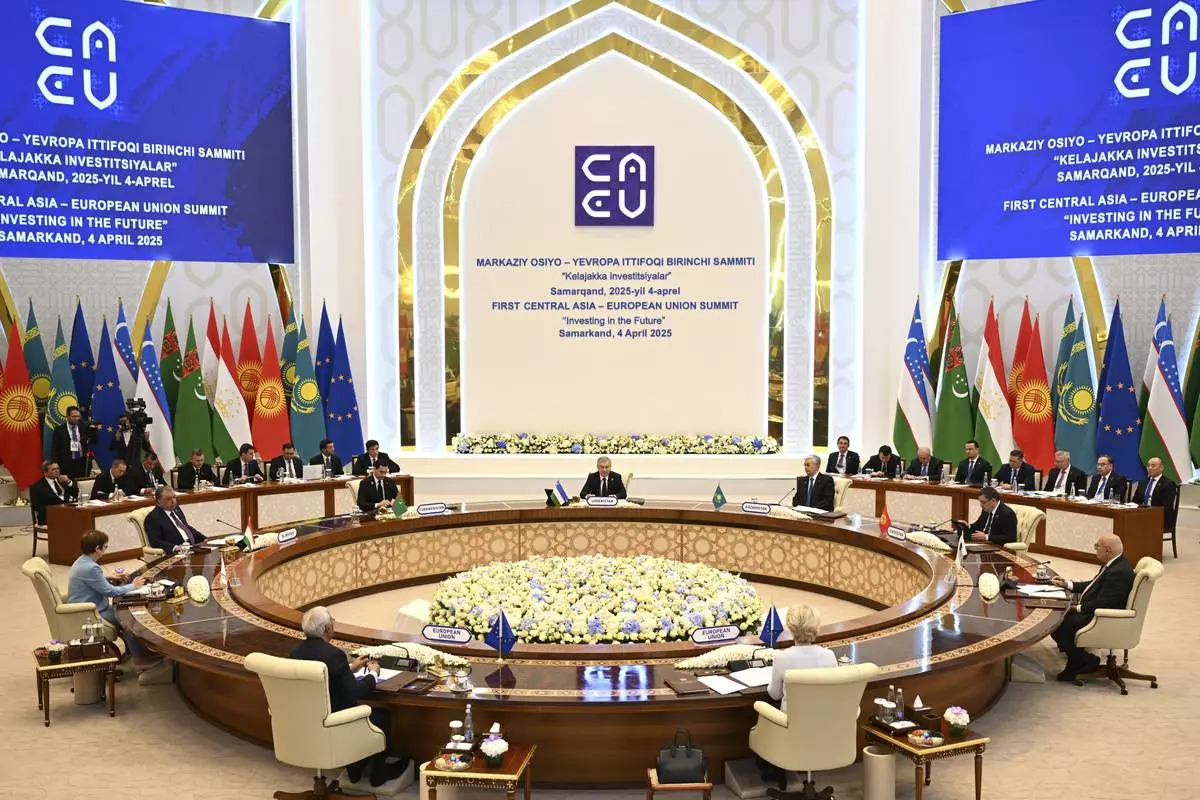
This photo released by Uzbekistan's Presidential Press Office, offers a view of the first summit between the leaders of the EU and the five countries of Central Asia in Samarkand, Uzbekistan, on Friday, April 4, 2025. (Uzbekistan's Presidential Press Office via AP)
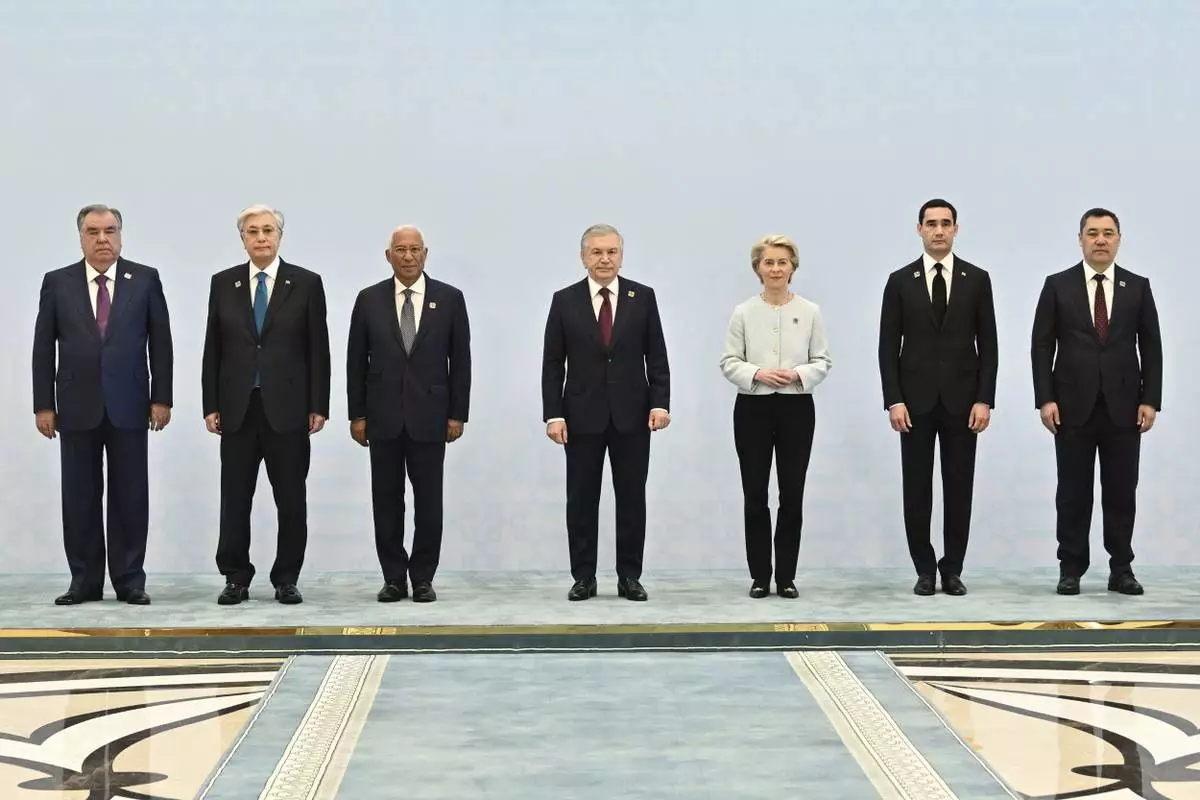
In this photo released by Uzbekistan's Presidential Press Office, from left: Tajik President Emomali Rahmon, Kazakh President Kassym-Jomart Tokayev, European Council President Antonio Costa, Uzbekistan's President Shavkat Mirziyoyev, European Commission President Ursula von der Leyen, Turkmenistan President Serdar Berdimuhamedow and Kyrgyz President Sadyr Japarov pose for a photo prior the first summit between the leaders of the EU and the five countries of Central Asia in Samarkand, Uzbekistan, on Friday, April 4, 2025. (Uzbekistan's Presidential Press Office via AP)
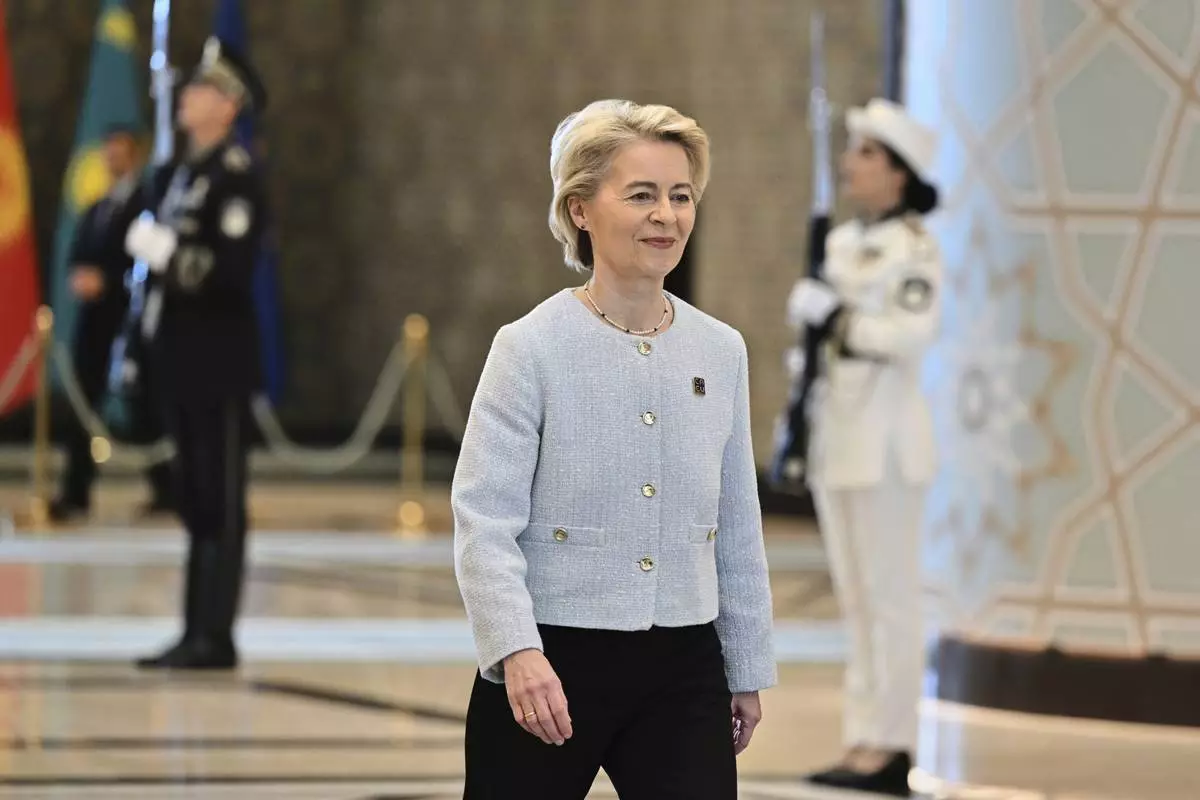
In this photo released by Uzbekistan's Presidential Press Office, European Commission President Ursula von der Leyen, arrives to attend the first summit between the leaders of the EU and the five countries of Central Asia in Samarkand, Uzbekistan, on Friday, April 4, 2025. (Uzbekistan's Presidential Press Office via AP)
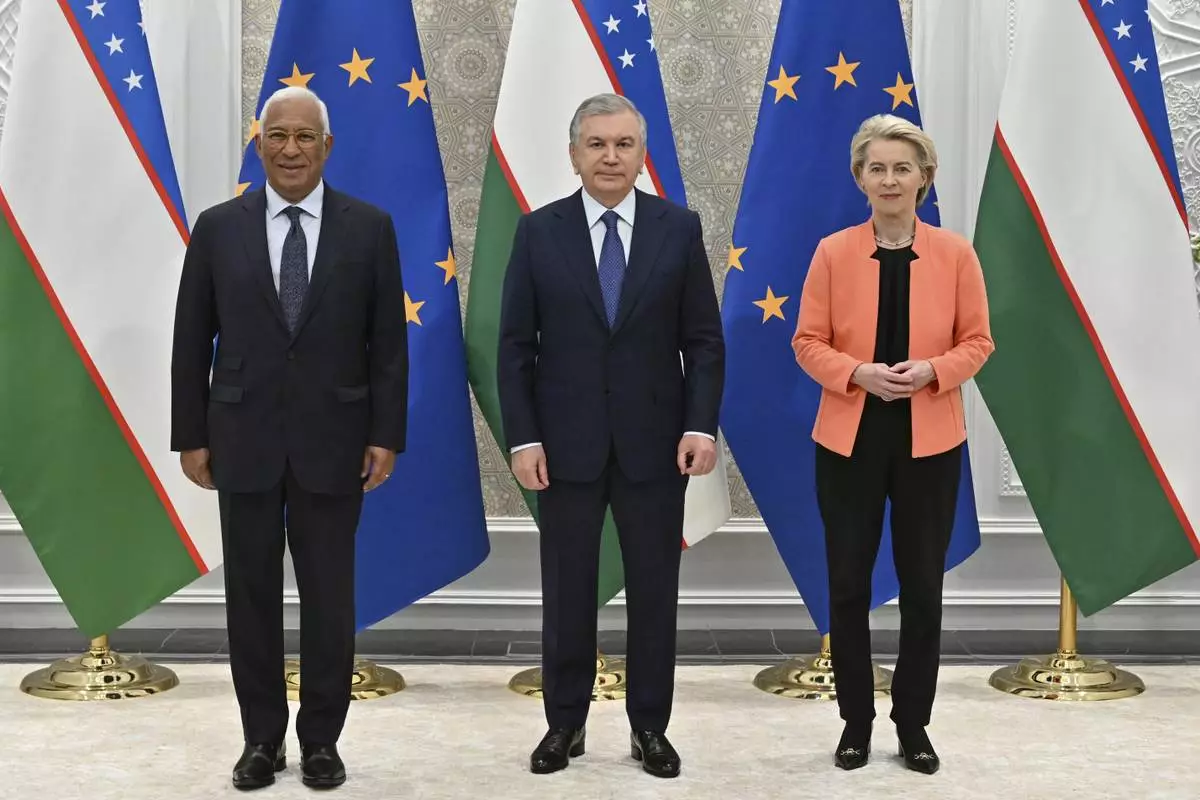
In this photo released by Uzbekistan's Presidential Press Office, Uzbekistan's President Shavkat Mirziyoyev, center, European Council President Antonio Costa, left, and European Commission President Ursula von der Leyen, right, pose for a photo prior the first summit between the leaders of the EU and the five countries of Central Asia in Samarkand, Uzbekistan, Thursday, April 3, 2025. (Uzbekistan's Presidential Press Office via AP)
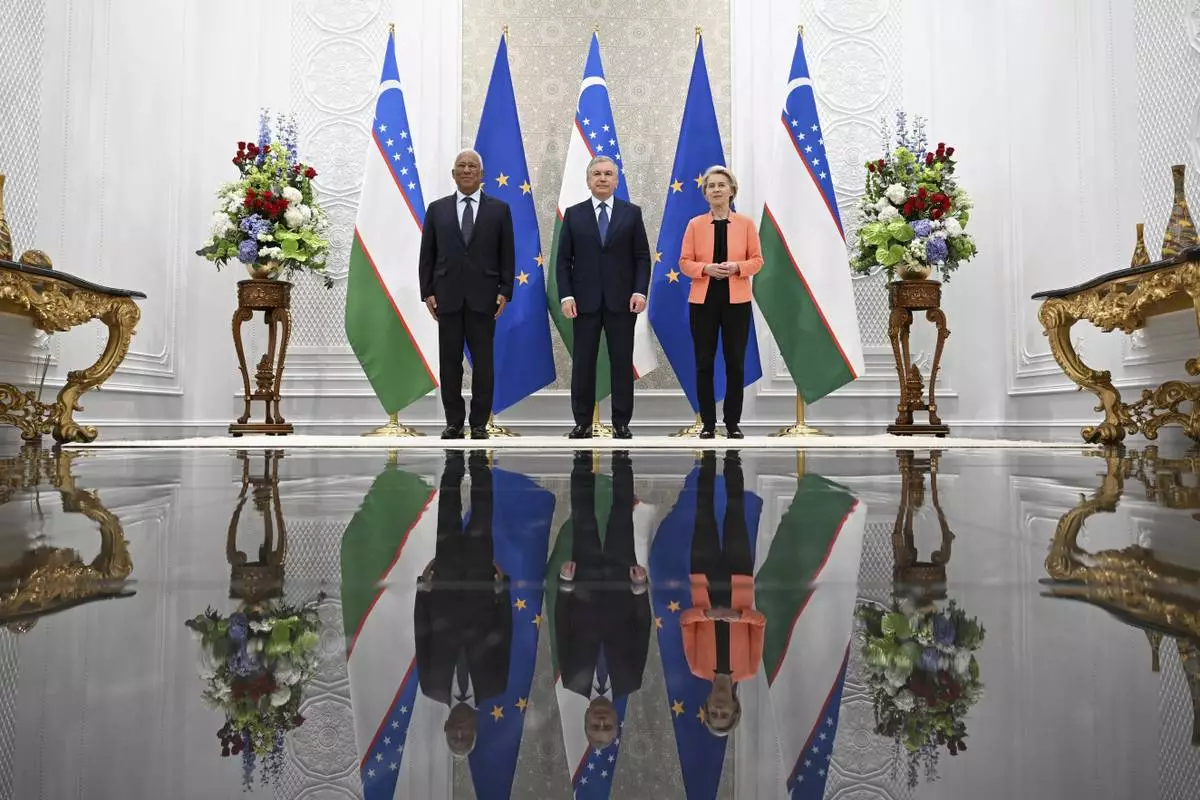
In this photo released by Uzbekistan's Presidential Press Office, Uzbekistan's President Shavkat Mirziyoyev, center, European Council President Antonio Costa, left, and European Commission President Ursula von der Leyen, right, pose for a photo prior the first summit between the leaders of the EU and the five countries of Central Asia in Samarkand, Uzbekistan, Thursday, April 3, 2025. (Uzbekistan's Presidential Press Office via AP)
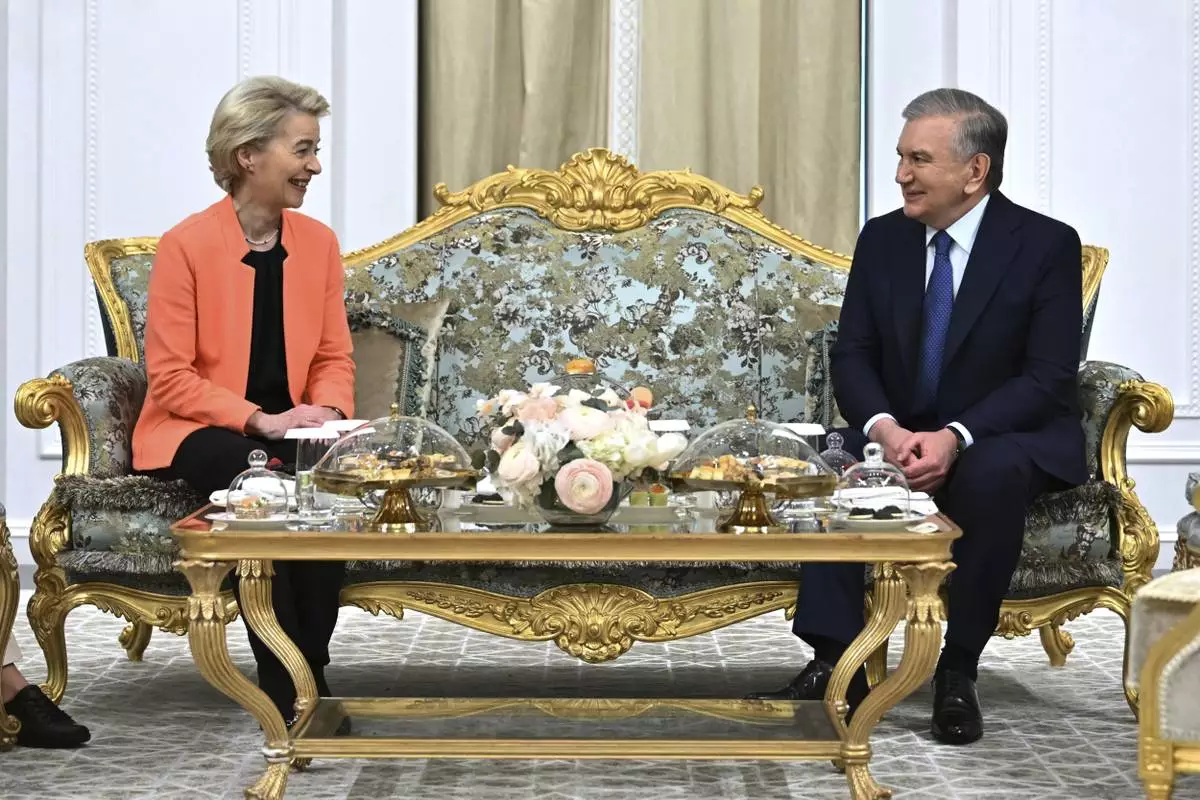
In this photo released by Uzbekistan's Presidential Press Office, Uzbekistan's President Shavkat Mirziyoyev, right, and European Commission President Ursula von der Leyen talk to each other prior to the first summit between the leaders of the EU and the five countries of Central Asia in Samarkand, Uzbekistan, Thursday, April 3, 2025. (Uzbekistan's Presidential Press Office via AP)
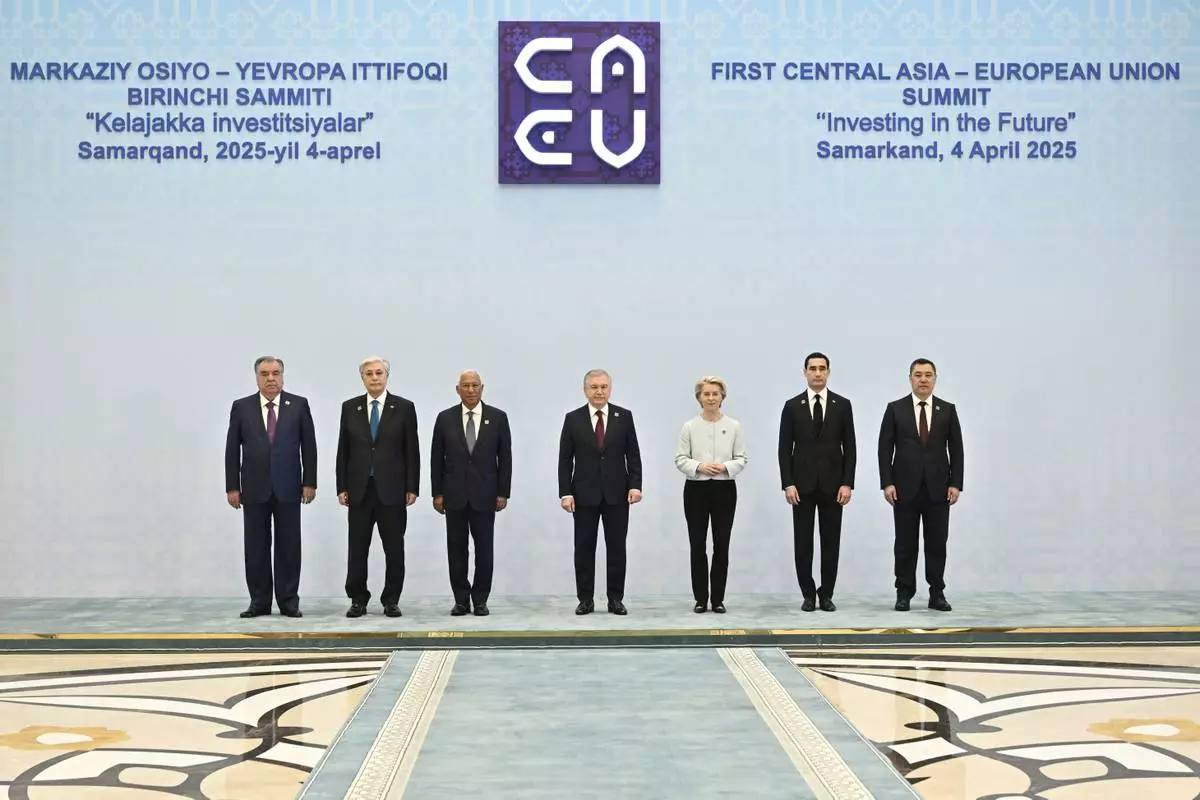
In this photo released by Uzbekistan's Presidential Press Office, from left: Tajik President Emomali Rahmon, Kazakh President Kassym-Jomart Tokayev, European Council President Antonio Costa, Uzbekistan's President Shavkat Mirziyoyev, European Commission President Ursula von der Leyen, Turkmenistan President Serdar Berdimuhamedow and Kyrgyz President Sadyr Japarov pose for a photo prior the first summit between the leaders of the EU and the five countries of Central Asia in Samarkand, Uzbekistan, on Friday, April 4, 2025. (Uzbekistan's Presidential Press Office via AP)
















